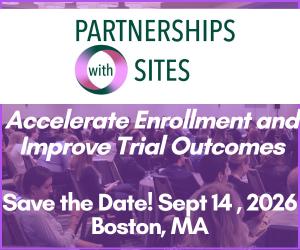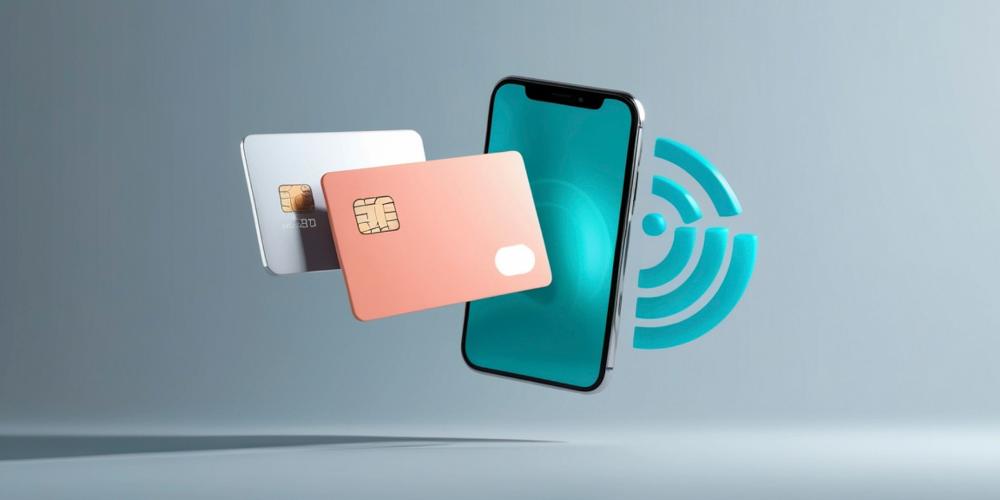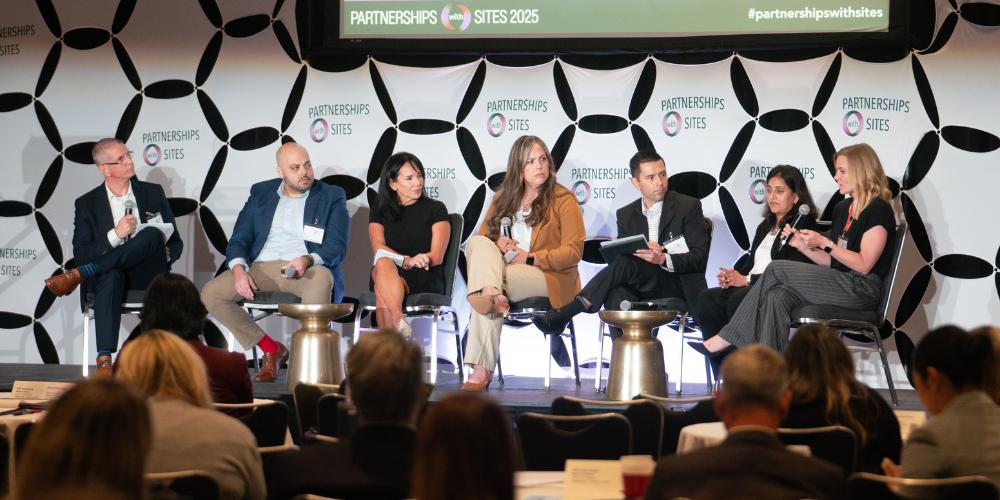A Physician’s Experience on Becoming a Clinical Research Investigator
Charlotte Grayson, MD, describes her experience as a new physician investigator, including onboarding her staff and discussing trials with patients. Dr Grayson is Partner and Internist at First Georgia Physician Group, practicing internal medicine in Fayetteville, Georgia.

As a physician, how did you first come into contact with clinical research?
I am an internal medicine physician. I ended up training at the Medical University of South Carolina, in Charleston. I initially went into practice for a short amount of time, before being asked to help launch what is now known as WebMD. I was asked to be one of their founding physicians. I worked with them for seven or eight years. During that time, I went to medical conferences where I learned a lot about clinical research. I was learning to distill medical research for consumers and for physicians. I eventually went back into practice and ended up where I am now in Fayette County, seeing patients in a private practice in internal medicine.
When did clinical research become something you wanted to pursue for your practice?
Clinical research in private practice wasn’t something that was really available for the majority of the time that I’ve been in practice. Usually, research was done in the big medical centers like Emory. So once we joined with Privia Health and we took our practice private again, that’s when the opportunities came through Javara, to allow us to bring research into the community. I thought it was a really exciting possibility for my patients to get the chance to try cutting-edge medicine.
"The language of research is very different from the language of medicine. It was a lot like going back to school. Some of it was familiar, such as informed consent, but the amount of data, and the way that it was presented to me and how I would have to present research to patients, was quite different from what I was used to."
What was the first experience in research like?
I knew a little bit about research, but it was really like learning another language. I did some online training classes, but there’s a lot of acronyms in clinical research. The language of research is very different from the language of medicine. It was a lot like going back to school. Some of it was familiar, such as informed consent, but the amount of data, and the way that it was presented to me and how I would have to present research to patients, was quite different from what I was used to. My first reaction when I first was presented with a trial was excitement.
I was able to look at some information about an interesting treatment that was coming out. I was able to look at data that I normally don’t get the opportunity to see in practice. And I could immediately envision the kind of patient that would really benefit from this opportunity. And so I was excited when I first heard about it, but it was definitely a learning curve to understand the moving pieces.
What were some of the unexpected parts of participating in clinical research?
Some of it was just the language. The language was very different from how I normally think about things day-to-day. The technology was a little bit difficult: I’m a physician in my 50s, so I came along at a point where we didn’t have computers until I was out of medical school. So being able to figure out how to access all of this information and how to use it when it was online was a challenge. And every research study we’ve gotten involved with uses totally different platforms, so I was having to learn not just one platform, but three, four, sometimes five. All different platforms, with different passwords and ways to access and find information. On the patient side, I had two different types of experiences. I have those patients who, the minute I mentioned a research trial, were interested. They wanted to do everything that you offered to them; they didn’t have any questions. But then I had patients where I had to pull out my skills and my relationships with them to communicate the benefits and advantages. The minute you mentioned research, they felt like they would be experimented on. But I learned a lot from how to approach patients in the best way.
"I have those patients who, the minute I mentioned a research trial, were interested. But then I had patients where I had to pull out my skills and my relationships with them to communicate the benefits and advantages. The minute you mentioned research, they felt like they would be experimented on."
How do you prepare your staff for clinical research?
There are about 15 different providers in my practice. It was really important to me, especially with these trials, that not only was I opening up the studies for my patients, but that my partners’ patients had access too.
It was easy to educate my partners, but a lot of our patients’ first access to our practice is through the nursing staff or through the administrative staff. And in some of the studies, especially one of the early ones I did with COVID-19, I needed to identify patients almost before the doctor saw them. So I ended up having to create ways to explain clinical trials to my administrative and nursing staff. I would sit down with them to explain the criteria of the study and what to look for. I would tell them how to explain the studies to patients. With one trial, we were trying to do outreach in the community. I had to develop information that we could put out on social media.
I’ve had to do a lot of one-on-one education to try to get some of the information out. I found that the personal touch worked better. It was probably slower than just sending out emails, but I felt that people understood much better when I actually sat down with them and explained it to them.
I have a large minority population in my practice where some are skeptical about clinical research. However, I also have a subset of my minority patients who’ve said, “This is exactly why I came to you, and why I tell all of my friends to come to you, because you are on top of the latest thing, and I want to be offered the newest therapy.” They wanted to have access to some of these technologies that they couldn’t get in Fayette County. And then of course, I have the whole other subset of patients where I have to explain what a clinical trial is, what a placebo is, what informed consent is and explain the different phases. Helping them understand what they’re getting into requires a good bit of education.
Have you had conversations with external providers about research?
I have, especially in my local community, where with some of these bigger trials, I’m trying to recruit patients who are outside of our practice. I have a lot of one-on-one conversations with some of the specialists in our area, to encourage their patients to contact us for trials. They’re all really excited about it. We live in an area that’s not in the city of Atlanta, so the opportunities for their patients to get some of these cutting-edge technologies is very limited. The overall response has been very positive and very supportive.
What do you see as some of the common hurdles that prevent providers from bringing research as a care option to their patients?
The biggest one is our time limitations. Our practices are extremely busy. You are working full time just to see patients. And so I think the idea of actually bringing in clinical research is daunting. There is a lot of information involved. There’s an expertise involved in running a clinical trial that most private practices aren’t going to be able to do. Most people who work in private practice don’t know how to manage a clinical trial. And then of course, most clinical research is usually in centers and facilities that do clinical research; so breaking into it is also really hard.
Even if you have the ideal population, you don’t have the experience and I think a lot of drug companies or manufacturers really are looking for those experienced clinical trial folks. The best way for someone to get involved would be to talk to other doctors. Make contacts with other people who actually do clinical research so that they can make inroads with either drug companies or other groups that can help them start their own research programs. You can also partner with a research organization who can provide the infrastructure and staff to support you with training, recruiting patients, and conducting the trials.
"Every clinical trial does something completely different. I had to spend a whole afternoon just making files to try to figure out what goes with which clinical trial. It would be nice if, in a company, you go to one play, and make your link."
If you could change one thing instantly, what would it be to make trials more convenient for providers to participate?
At the top would the technology: the amount of platforms, the number of different systems that are needed for a trial. I’m sure that there is a purpose for all of it, but I’ve found that to be difficult. Right now, I’m in the process of working on about seven clinical trials, and I had to get access to and learn about 15 different systems. Every clinical trial does something completely different. I had to spend a whole afternoon just making files to try to figure out what goes with which clinical trial. It would be nice if, in a company, you go to one play, and make your link. And they put anything that you can do that, right. Something that would be really great would be to reach out to medical practices. Some of them are smaller, and they’re not university centers, but get them involved in clinical research, even if they can only offer small numbers of patients for studies. It’s important to reach outside of urban center communities, and to get patients involved in studies who normally and historically have never been involved in clinical trials. And really, the only way you’re going to get some of these populations and trials is to go outside of the comfort zone, and to work with doctors and communities, and help us educate patients on the benefits of trials so that they can have trials that are more representative of the population.
What is your final message on your experience in clinical research thus far?
The past year and a half that I’ve been doing clinical research has been a great experience for me. I have really enjoyed learning the process, but more importantly, it’s been really exciting to interact with my patients in a different way. I’ve learned to listen to them in a different way, to understand more of what it is that they don’t understand about clinical trials. It’s forced me to reach out a little bit more to patients and communities, and to communicate with people differently. It’s been great to bring research into my practice. I think that my patients will benefit from the technology that’s coming our way.
For more information on CRAACO: Clinical Research as a Care Option, visit CRAACOevent.com.







